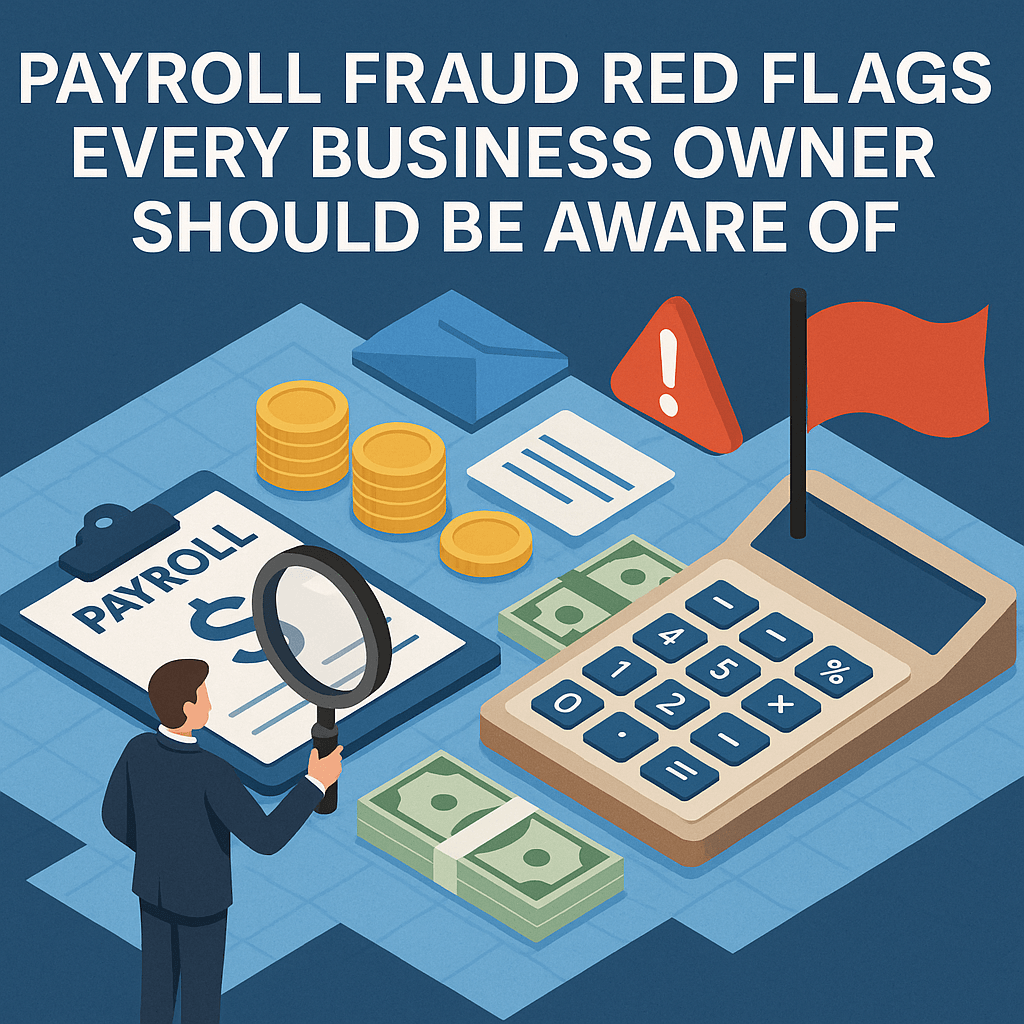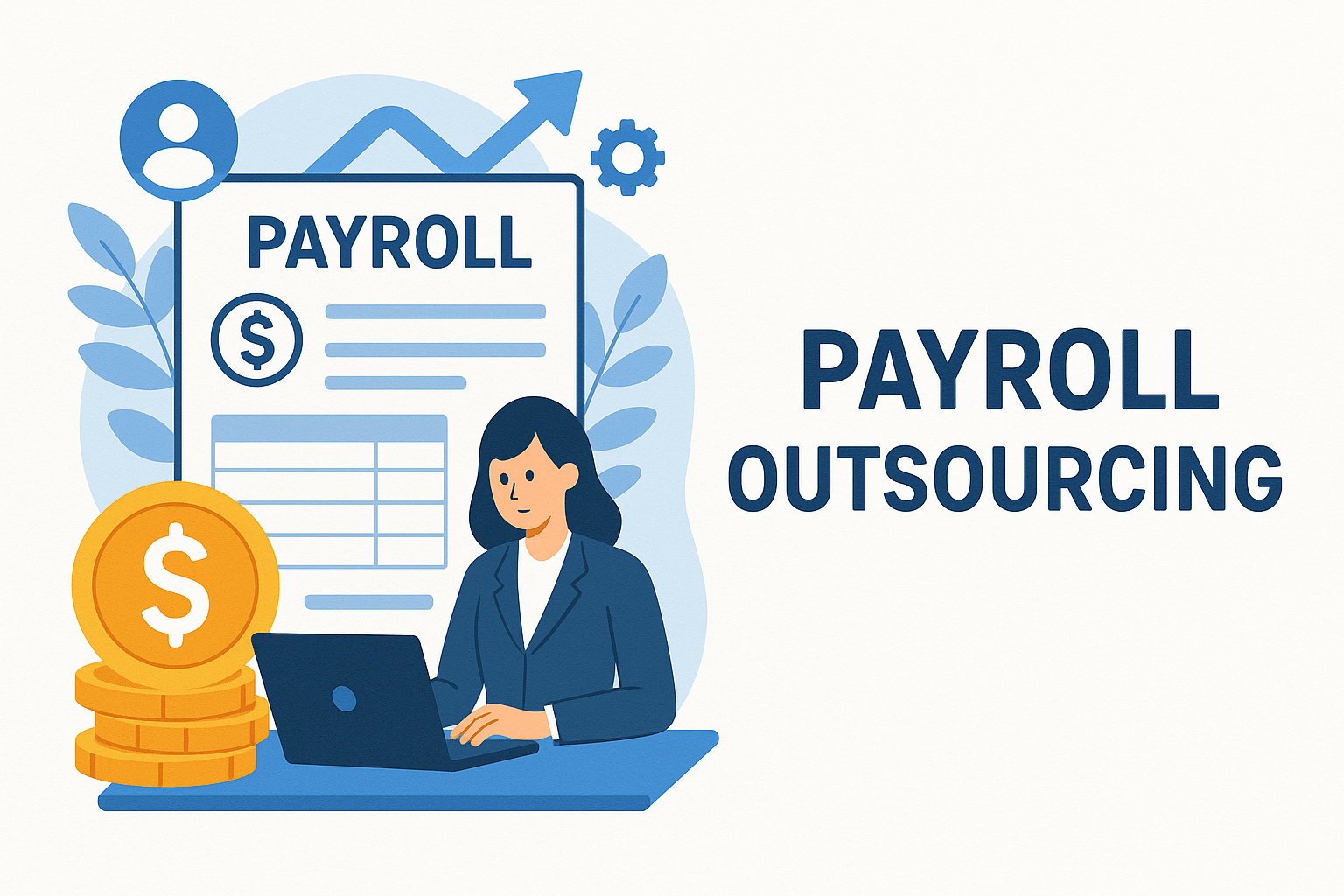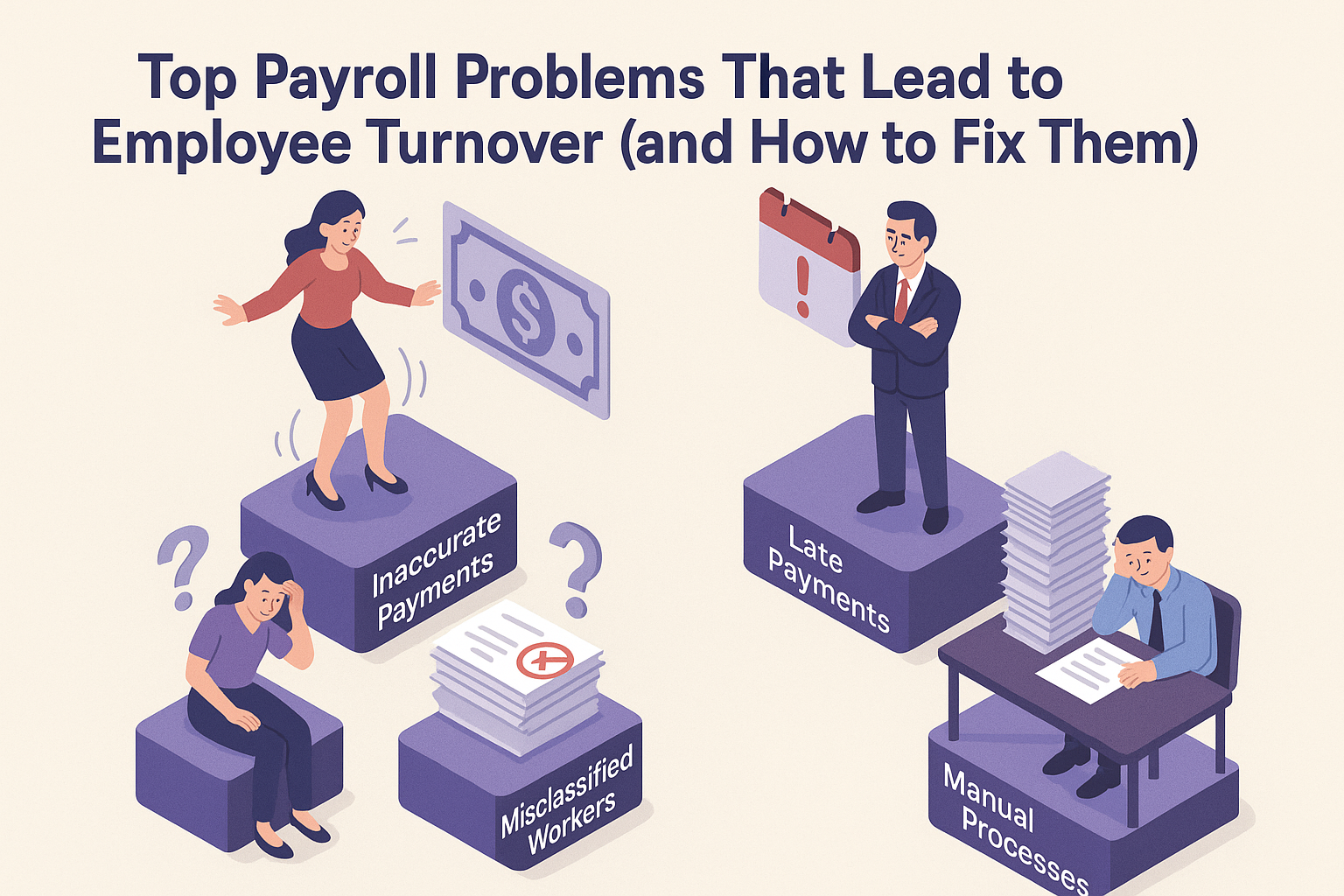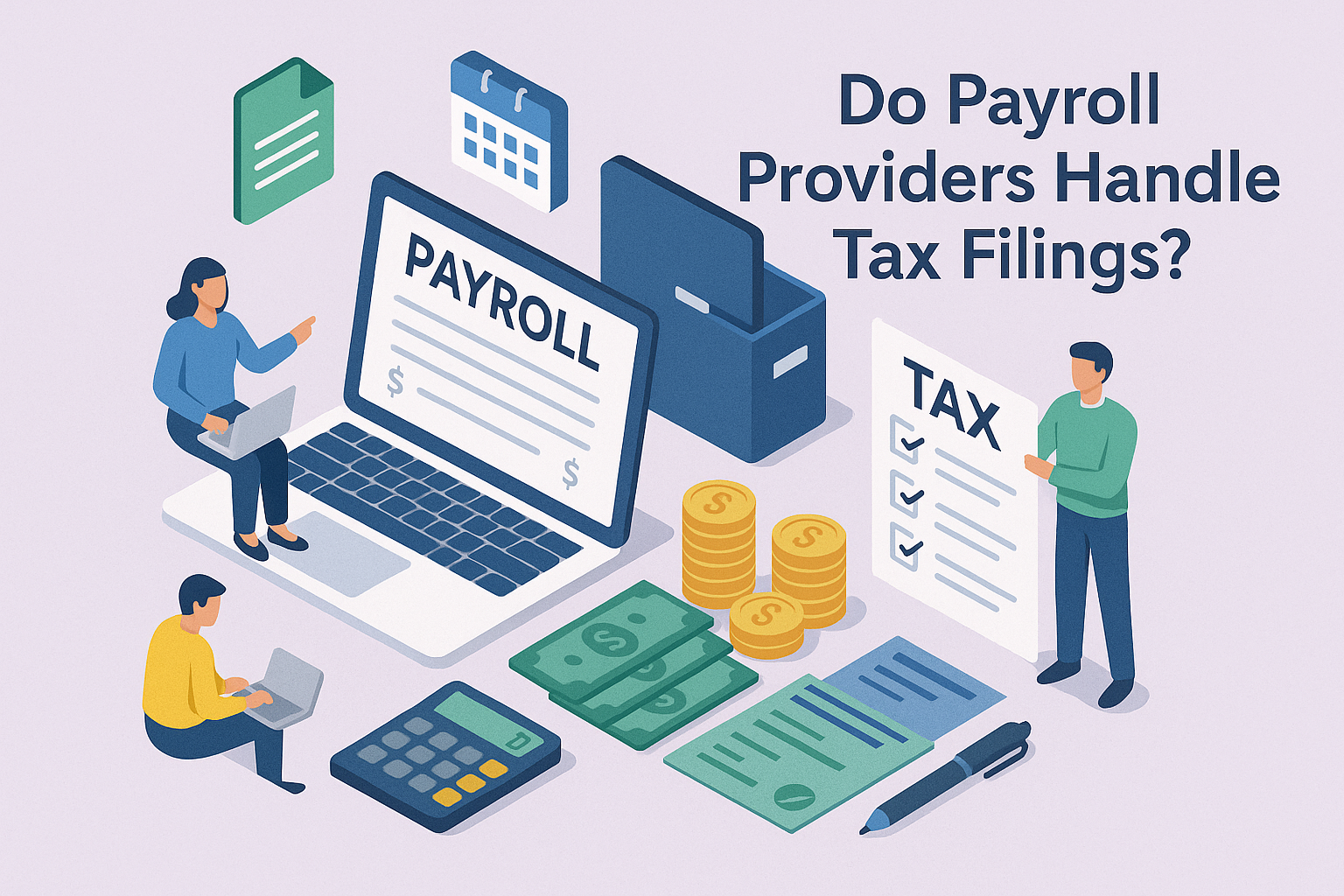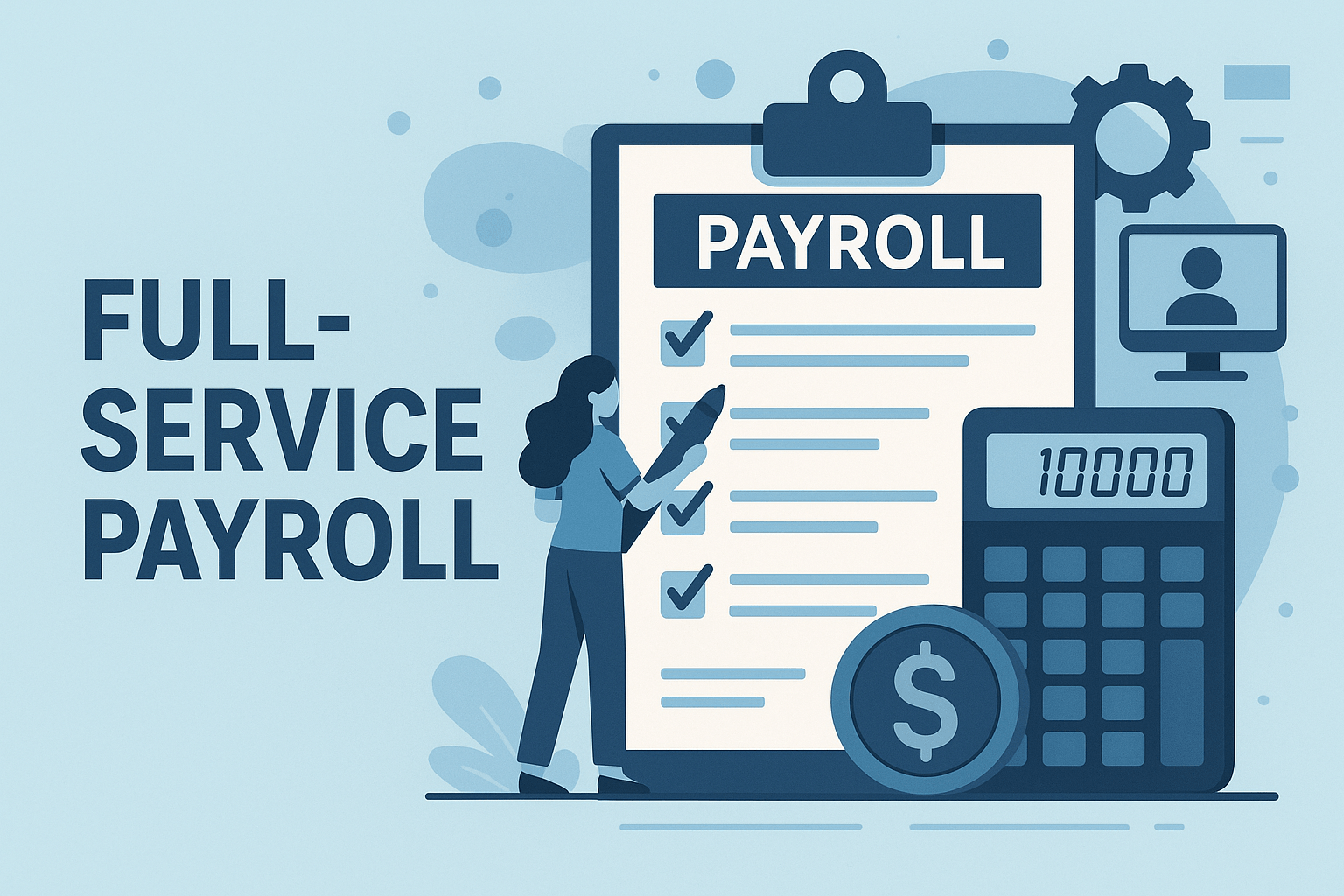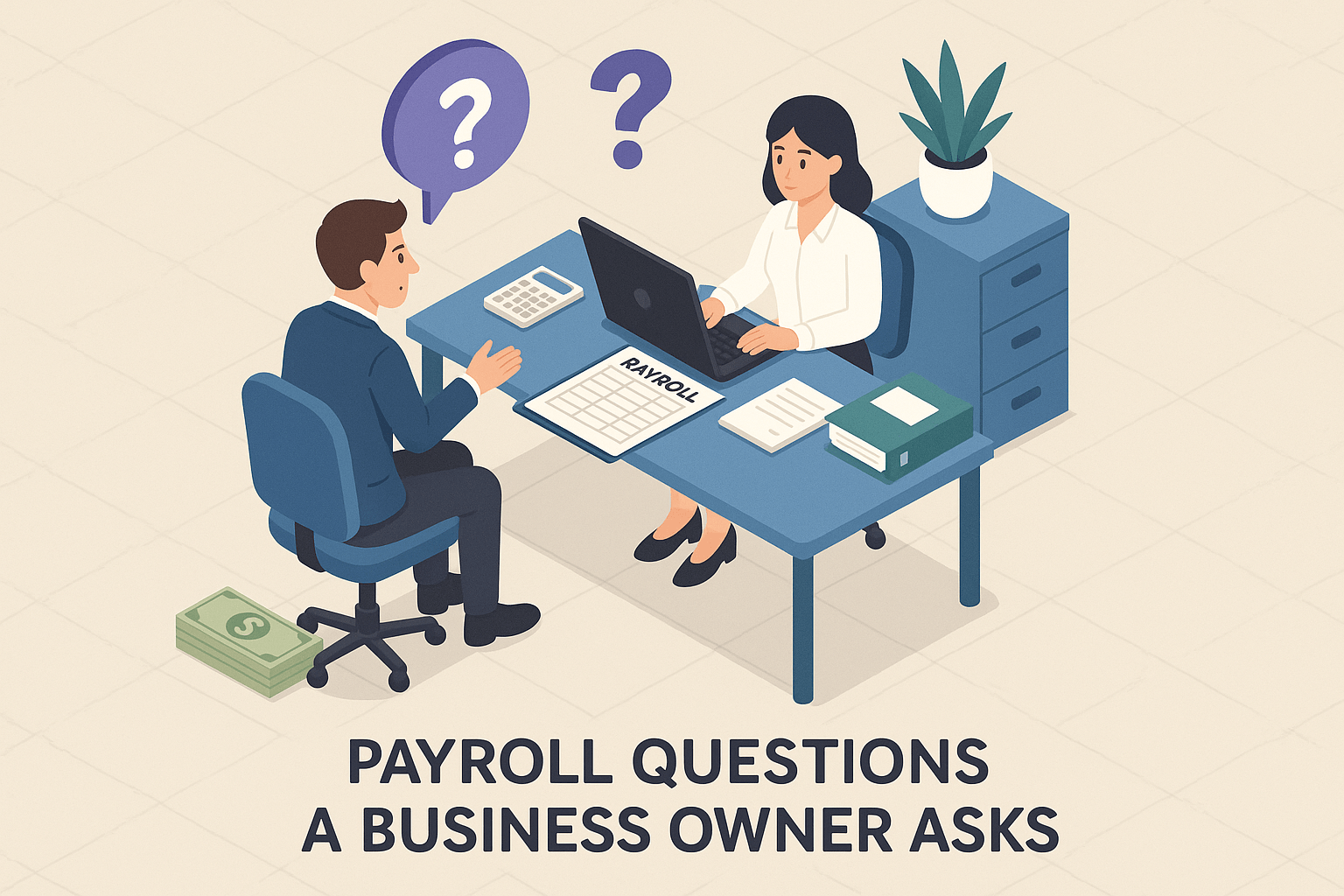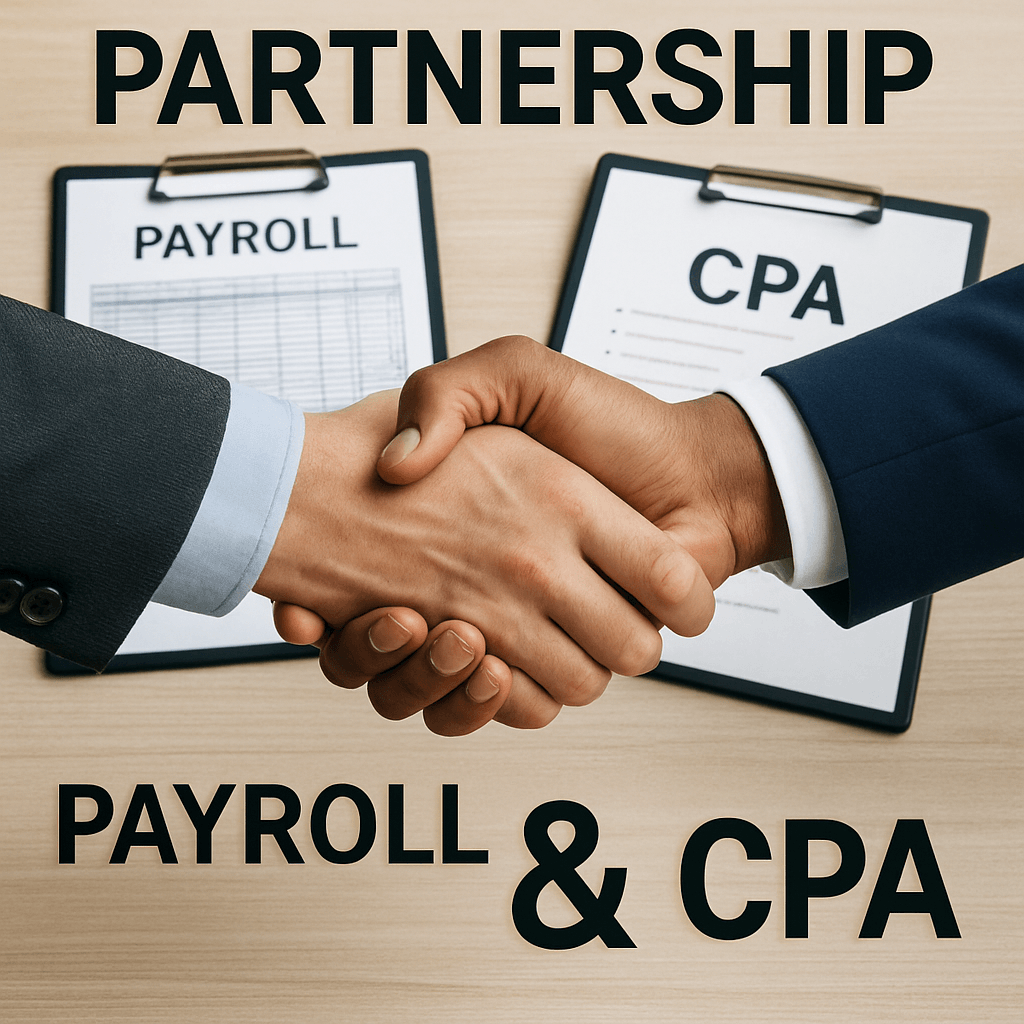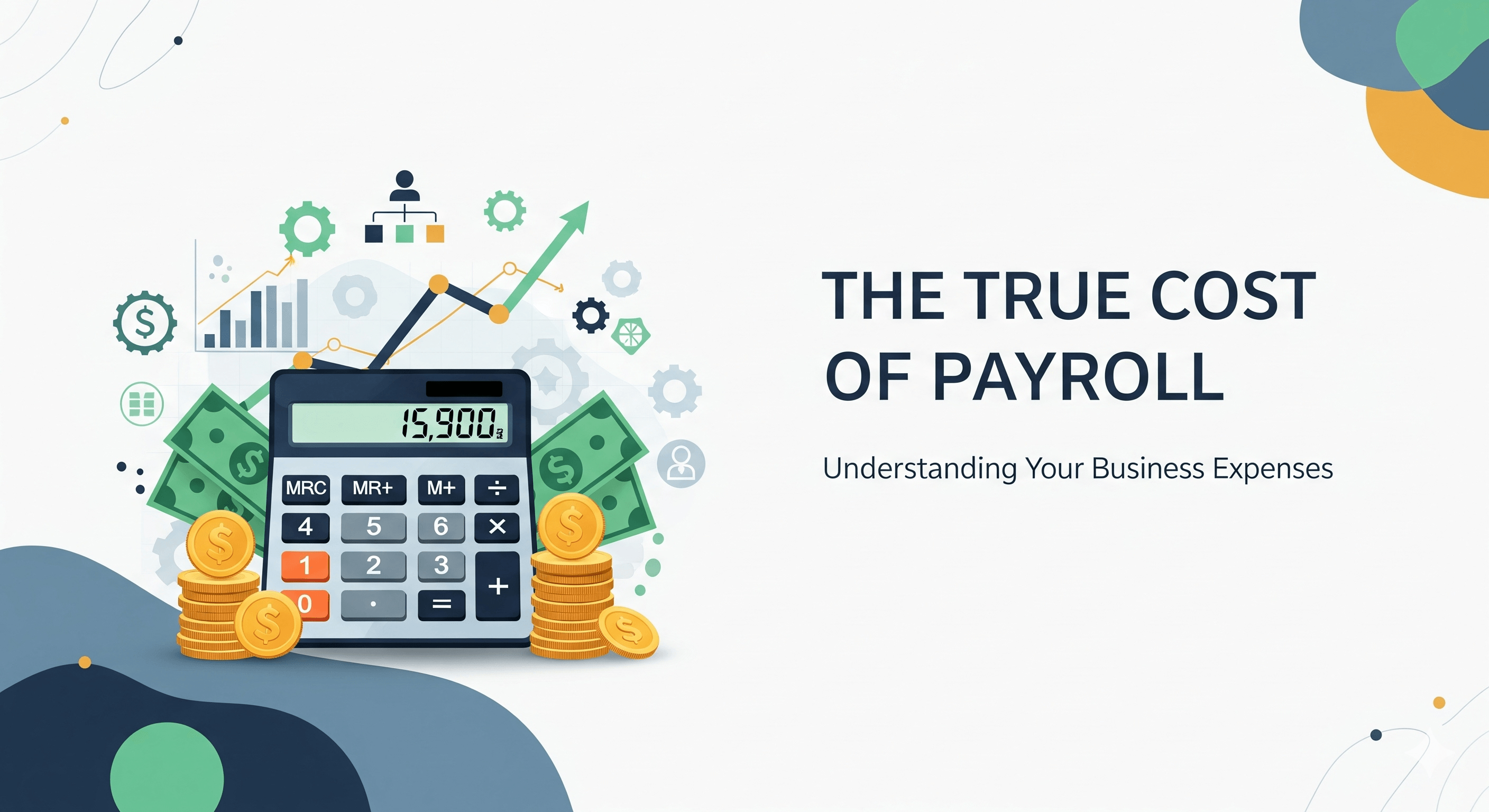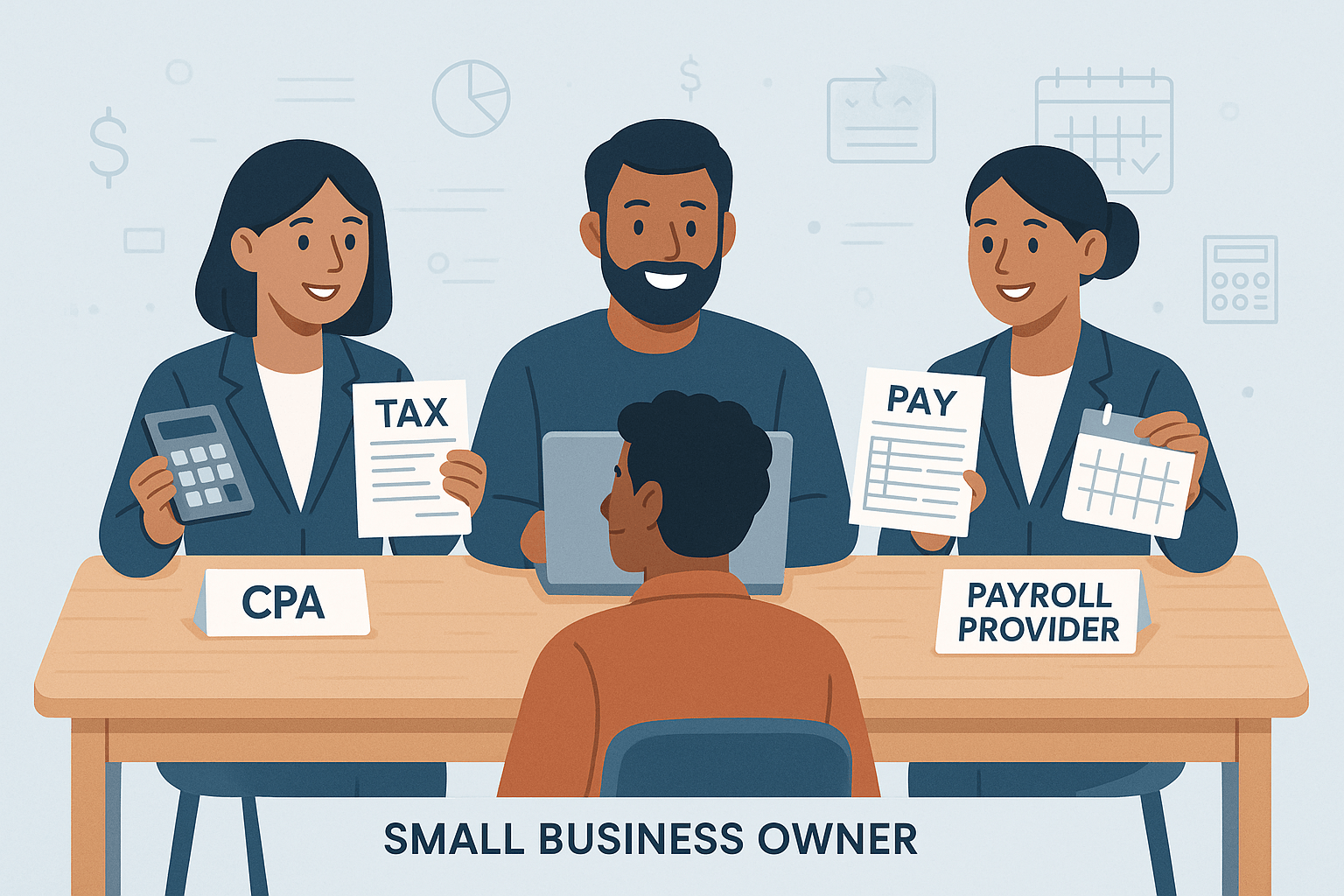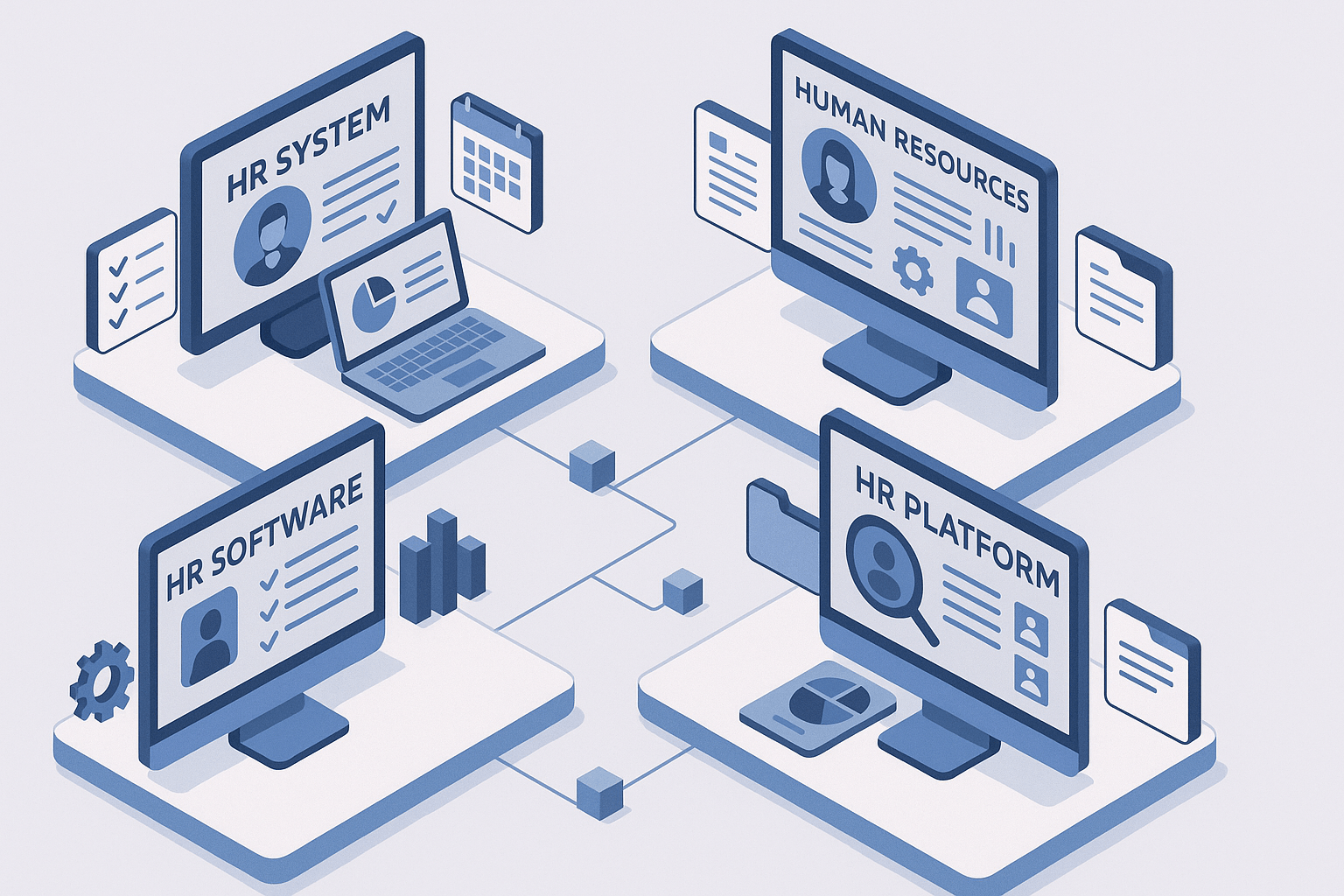
Let’s say you’re a CPA. You want to meet your clients' expectations, but you’ve learned 38% of small businesses expect their financial advisors to handle payroll for them. Oh, God. You didn’t go to school to be a payroll specialist.
You didn’t run around the house as a precocious young child, saying “I want to manage payroll!”. No. You said, “I would like to be a certified public accountant, please”. Remember? With your calm, unblinking eyes? Because you were a normal kid. An army of shaken psychologists confirmed it.
Cut to a few decades later and you’re afraid of letting clients down by referring them to a payroll provider that doesn’t match your quality of service or offers services that don’t meet their needs.
Lift HCM is an independent provider known for its world-class client support. We’ll walk you through the do’s and don’ts of partnering with a third-party vendor to offer managed payroll services to your clients.
Do find a provider with whom your relationship strengthens with each referral.
Your partnership is just that: a partnership. Picture a team of army cadets holding a log up over their heads. Each one of those cadets is responsible for holding that log up straight. They have to march at the same pace to move it forward. If one of those marines suddenly decides to start hanging off the log like its monkey bars or starts strafing left and right like someone’s playing the Cha Cha Slide, the whole team suffers (they’re thoroughly entertained, but suffering all the same).
Like our cadets, a good payroll partner values and works to maintain the parity of your relationship; each partner carries their share of the log at equal height at equal pace. This means they look out for things that risk slowing you down or straining the bandwidth of your services (be it in volume or in scope).
At Lift HCM, we don’t hesitate to pass along the heads-up if we learn a shared client has any concerns about the services they receive. It’s an important part of continuing our partnership and keeping clients happy. Their concerns aren’t something we anticipate clients having about the services of their CPA. Rather, it’s often a byproduct of marketing. That brings us to the next item on our list.
Don’t partner with a provider that has any financial incentive to cut you out of the relationship.
CPAs are always proud to say they’re partnered with an ADP or Paylocity and it’s not hard to see why. They’re household names with strong reputations and deep pockets. Their smile starts to fade, however when they see how those pockets are lined.
See, these powerhouse providers already have a suite of services that may or may not include the ones you already provide. That means they can still provide those services to your clients if you’re no longer in the picture. Better yet, they can make more money by bringing those services in-house.
That’s why, once accountants refer their clients to ADP to manage their books, those clients start getting emails marketing proprietary services which cut their accountant (i.e. you) out of the equation. That’s not cool. At Lift HCM, we value the moral obligation of “dancing with the one that brung you”. Any provider you’re vetting to manage your clients’ payroll better be lacing up their dancing shoes right from the jump.
Do find a partner who streamlines your access to data and reporting.
It makes sense why a smaller payroll provider would forego the conveniences of a human capital management platform to free up more funds for their growing business. What doesn’t make sense is asking their partners to bend over backwards harder than the girl from The Exorcist trying to make up for that loss of convenience.
Before you partner with a provider to manage your clients’ payroll, you’ll want to ensure you have access to a portal or dashboard of some sort to generate reports and ensure your clients are in compliance with local, state, and federal labor laws.
Don’t partner with a payroll provider that cheapens the value of your clients.
Some providers ask CPAs to refer a number of clients to them before allowing them to earn a share of revenue from those referrals. This makes sense for a major platform trying to save costs on onboarding a new accounting partner. But then it also makes sense that they don’t value the business you’ve brought them.
Does a partner value your clients as much as you do if you need to give them three referrals before the exchange of trust is even acknowledged? Can you expect a partner that values your client less than you do to provide them with the same quality of service? ...we’ll take your answer off the air.
Do partner with a provider with high client retention.
On the subject of partners providing a consistently high quality of service to your clients, you’re going to want to join forces with a provider who’s proven their popularity has some staying power (like the 97.84% of clients Lift HCM retains, but who’s counting).
Don’t partner with providers who can’t guarantee a strong support offering.
Major payroll providers like a Paycor or Paychex often hire their support reps right out of college to save money on recruiting and salaries. Good for them. Bad for partners, however, as this practice often leads to high turnover in sales and support staff.
Because of this, your clients are often passed around to different account managers like a hot potato when those wunderkinds wander off to greater heights. But, again, good for them.
Do partner with a provider that adds value to your services.
Partnering with a provider to manage your clients’ payroll diversifies the range of services you have to offer (granted it’s offered on your behalf). This creates the opportunity to earn recurring revenue and compete with others in your market who may already be offering these services.
Sharing a payroll provider can strengthen your relationship with existing clients because it attaches your face and your firm to a problem they no longer have to solve. It may also send new clients your way. Partnering with a payroll provider can also help you both streamline the services you offer by giving you easier access to the data you need for forms and reports.
The data accessible to you in partnering with a third-party vendor to manage your clients’ payroll also allows you to position yourself in more of an advisory role. This makes it easier to sell clients on services like exit planning, succession planning, providing litigation support, navigating mergers and acquisitions; or gaining tax credits for research and development or as a pass through entity.
Don’t partner with providers that dilute your offerings.
Major players in the payroll space take a brute force approach to expanding their services. Platforms like ADP acquire companies with features they like (e.g. time and attendance tracking or a Learning Managememnt System (LMS)), shave them down to a skeleton staff, and they integrate their technology. Sales, account, and support reps become jacks of all trades while mastering none as they scramble to learn the latest features, common questions, and selling points.
So, what does that mean for your clients when you partner with a heavy hitter? A sales rep who’s constantly having to learn the ins and outs of an ever-expanding suite of services is more likely to sell your clients on something they don’t need or isn’t in the best interests of their business.
An account rep is going to do the same thing when trying to upsell them. And that’s assuming both the reps (and their accounts stick) around. Support reps may have been a specialist in one product or service, but may be forced to troubleshoot new features or communicate with other teams and specialists covering the functions their platform now offers. This leads disjointed support for products which are don’t align with your clients needs. That’s what we mean when we say you’re “diluting” your offerings by partnering with a payroll provider who might not necessarily specialize in payroll.
CPA Takeaways
How you choose your partners will sculpt how clients perceive you as a provider they trust to manage their taxes. If you’re considering partnering with a vendor to manage your clients’ payroll, it’s important to find one that’s capable of meeting the same high standard of quality you set with your services.
Lift HCM is a provider of payroll services among others (including employee retention tax credits). Our world-class support forms the foundation of the strong, often years-long relationship we’ve formed with our 1,014 loyal clients. Click here to contact Lift HCM’s Director of Sales, Jason Noble to learn more about what a partnership entails.
Jason Noble is a seasoned expert in payroll and human capital management. With a wealth of experience in streamlining payroll processes and optimizing workforce management, Jason has successfully held key roles at leading organizations. His deep understanding of industry best practices ensures that his insights are both practical and authoritative.
Topics:


.png?width=1536&height=1024&name=Create%20a%20background%20that%20reads%2c%20How%20Long%20to%20Keep%20P%20(1).png)



